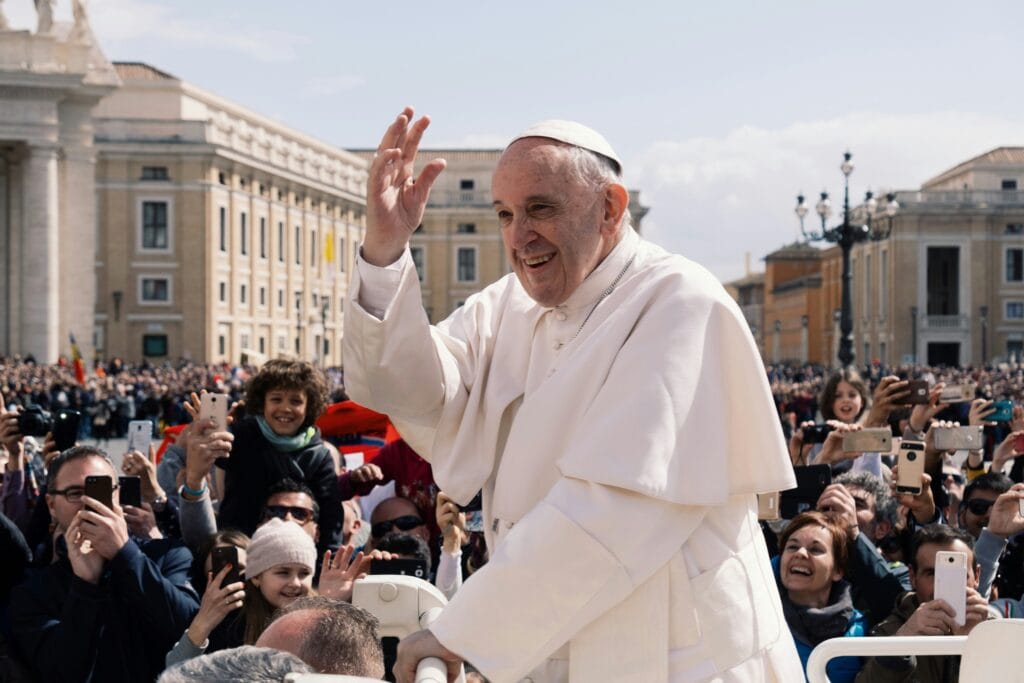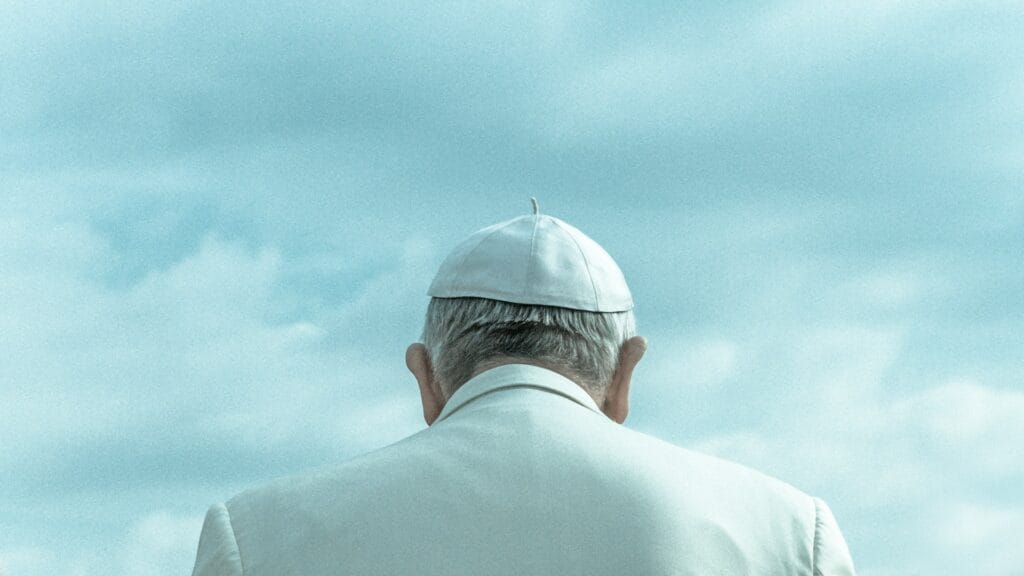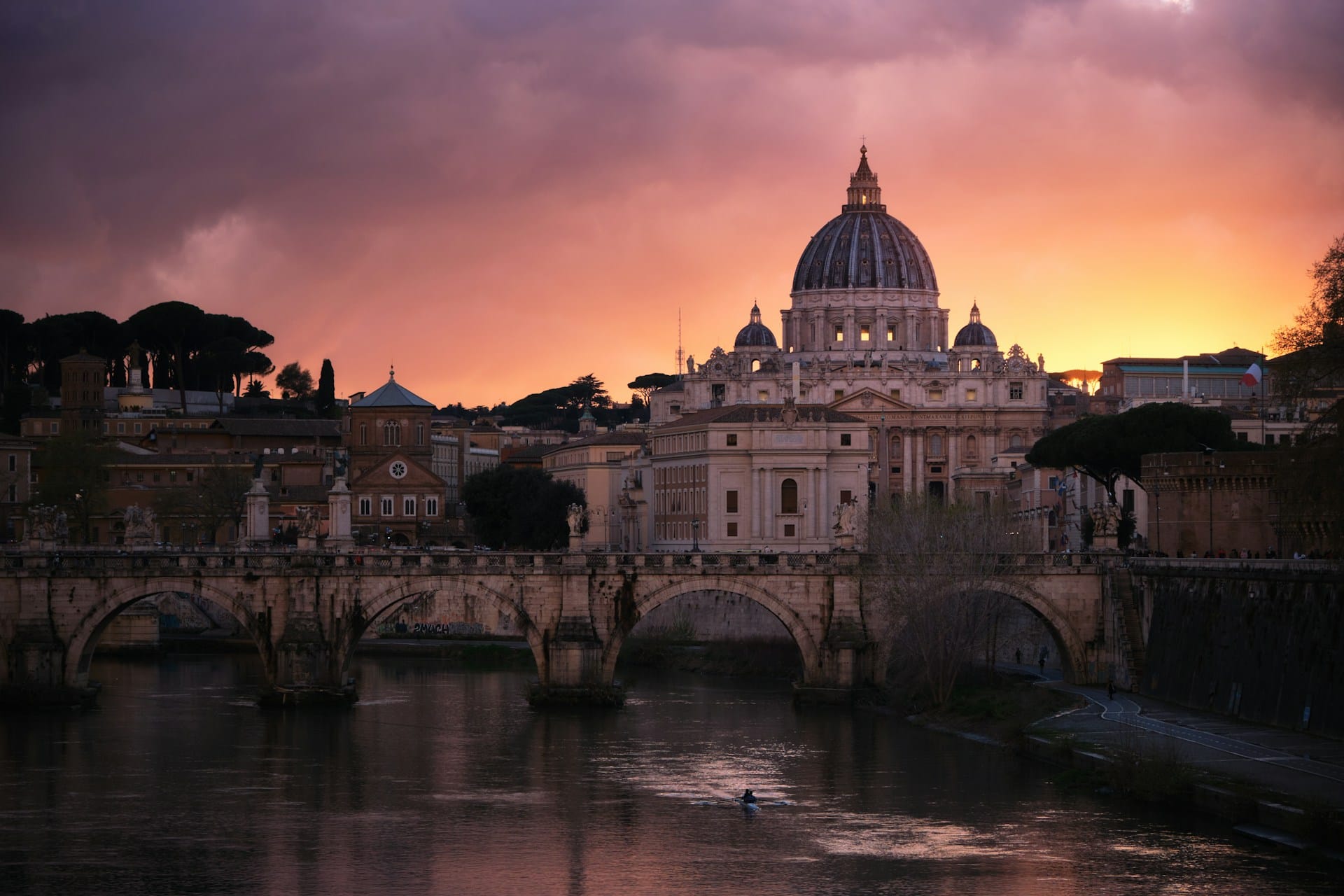When Jorge Mario Bergoglio stepped onto the balcony of St. Peter’s Basilica on March 13, 2013, the world held its breath. Few outside Argentina knew much about the Cardinal from Buenos Aires, but within moments, something felt different. With a simple wave, a warm smile, and the quiet announcement of a name — Francis, inspired by St. Francis of Assisi — the tone of a new papacy was set. It was humble. It was human. And it would go on to reshape not only the Catholic Church but how people across the globe viewed leadership, compassion, and faith.
Now, with his passing in 2025, Pope Francis leaves behind a legacy that continues to inspire reflection and admiration. His papacy wasn’t just historic — it was transformative.

A Pope Unlike Any Before
From the beginning, Francis broke the mold. He was the first Jesuit pope, the first from the Americas, and the first non-European to hold the office in over twelve centuries. Yet it wasn’t just his background that made history — it was his choices.
He opted out of the traditional papal residence, choosing instead the modest Vatican guesthouse, Casa Santa Marta. He carried his own bag, rode in a Ford Focus instead of a limousine, and paid his own hotel bill after being elected pope. These weren’t PR gestures; they were authentic expressions of a man who believed that power should never come at the expense of humility.
And that message resonated. In a world often driven by status and spectacle, Pope Francis quietly reminded everyone that leadership begins with service.
A Heart for the Margins
If there’s one word that defines Pope Francis’s approach to the world, it’s compassion. He had an unwavering focus on those society often forgets: the poor, the imprisoned, the displaced, the sick, and the excluded.
He didn’t just talk about helping the vulnerable — he went to them. He visited refugee camps, washed the feet of prisoners, embraced the terminally ill, and ventured into some of the world’s most overlooked corners. To him, the Church wasn’t a museum of saints but a “field hospital” for the wounded — a place where brokenness was met with mercy, not judgment.
His now-famous words — “Who am I to judge?” — spoken in response to a question about gay Catholics, captured the soul of his papacy. It was a radical shift from condemnation to compassion, from doctrine to dialogue.
Reform with Resolve
Internally, Pope Francis took on one of the Catholic Church’s toughest challenges: reform. He addressed long-standing financial mismanagement, increased transparency in Vatican finances, and held bishops accountable in abuse cases, pushing for a culture of accountability that had often been elusive.
He also broadened the conversation within the Church, challenging outdated structures and inviting laypeople — especially women — into more meaningful roles in Church governance. His actions weren’t always popular, especially among traditionalists, but they reflected a deep desire to make the Church more inclusive, transparent, and relevant.
He understood that tradition must be a foundation — not a cage.
Faith and the Future of the Planet
In 2015, Pope Francis released Laudato Si’, an encyclical that addressed the climate crisis not just as a scientific or political issue, but as a deeply moral and spiritual one. He spoke directly to people of all faiths — and of none — urging humanity to care for “our common home.”
He reminded the world that environmental degradation hurts the most vulnerable first and worst, and that we each bear responsibility for the future we leave behind. His words gave voice to a growing ecological consciousness and positioned the Church as an unexpected yet vital player in the global environmental movement.
In doing so, Francis didn’t just preach sustainability — he connected it to the very heart of spiritual responsibility.
A Bridge Builder in a Divided World
At a time when division and distrust seemed to define global affairs, Pope Francis worked tirelessly to build bridges. He played a quiet but vital role in reopening dialogue between the U.S. and Cuba. He visited countries where Christians are a minority and was the first pope to set foot on the Arabian Peninsula — a symbolic gesture of respect and peace.
He met with leaders of other religions, emphasized interfaith understanding, and consistently rejected nationalism, xenophobia, and religious extremism. In every encounter, his message was clear: peace is possible, but only through empathy, listening, and shared humanity.
Leadership with a Human Face
What set Pope Francis apart was not just his policies or reforms — it was his presence. He was warm, funny, open, and profoundly human. He laughed easily. He made mistakes and admitted them. He never pretended to have all the answers, and he didn’t shy away from speaking about his physical limitations or personal struggles.
Children adored him. The sick found comfort in his embrace. Prisoners saw his respect. To many, he didn’t feel like a distant religious authority, but like a grandfather — kind, wise, and deeply caring.
In an age where leadership often feels performative or transactional, Pope Francis embodied something timeless: servant leadership rooted in love.
A Legacy That Lives On
Pope Francis’s legacy is not bound to the years he served as pope — it’s alive in the millions of lives he touched. It lives on in the conversations he started, the compassion he modeled, and the quiet revolution he sparked inside one of the world’s oldest institutions.
He showed that faith can be both firm and flexible, that tradition can coexist with change, and that true power lies in humility.
While his papacy is now part of history, his influence continues to shape the present and inspire the future. He reminded us that mercy matters. That justice matters. That people — in all their imperfection — still matter.
And in a world so often in search of hope, Pope Francis offered exactly that.
Pope Francis didn’t just lead the Church — he walked with the people. His was a voice of empathy in an age of division, a hand of comfort in a time of pain, and a beacon of humility in halls too often dominated by pride.
As the world reflects on his life and legacy, we’re reminded of something simple yet powerful: that a life lived with kindness, courage, and compassion can truly change the world — one gesture at a time.

Related Reads You Might Enjoy
- 🔍 10 Surprising Facts About Popes You Probably Didn’t Know — From papal hobbies to historic firsts, explore the personal stories that shaped the Papacy.
- 🏛️ History of the Papacy and Influence of the Vatican — Understand the centuries-long journey of the Papacy and how each Pope left a lasting mark.
- 🕊️ Traditions Triggered by a Pope’s Death: What Happens Now at the Vatican? — A respectful overview of the sacred rites and customs that follow the end of a papal era.


